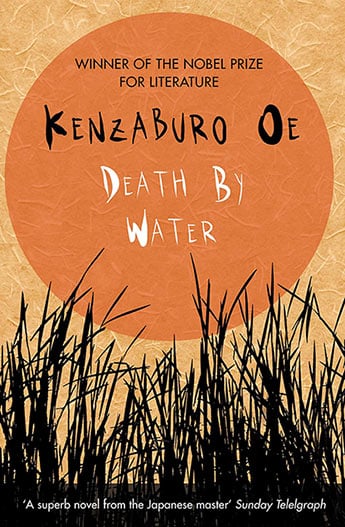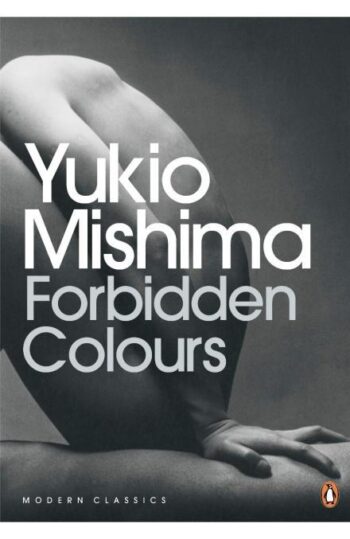Kenzaburō Ōe, winner of the 1994 Nobel Prize in Literature, wrote Death by Water in 2009. It is the fifth novel which tells the story of the writer Kogito Choko – his literary alter-ego. Deborah Boliver Boehm’s 2015 translation was shortlisted a year later for the International Booker Prize, only proving the extraordinary recognition that Ōe’s prose enjoys around the world.
And it is not easy prose. Death by Water is an extremely dense, complicated novel, which happens almost entirely through the words of its protagonists. The endless uninterrupted dialogues draw the reader deeper and deeper into a complex narrative, but they also often touch upon literature or philosophy, topics that fascinate the writer himself, as well as his characters.
Kogito Choko, a writer and winner of the Nobel Prize in Literature, faces the daunting task of writing a book about his own father and his mysterious death by drowning. He believes that he will find something that will inspire him to write in a red trunk kept by his mother, However, the relations with his mother are strained – she does not agree with him writing the book and the trunk will only go to Choko years after her death. At the same time, the writer’s path crosses with a theater company that wants to stage a play based on his work.
Ōe’s autobiographical themes and references to his works are intertwined with complete fiction; the book will certainly be easier to navigate for readers familiar with the writer’s biography. Although for the first encounter with Ōe’s prose, I would recommend The Silent Cry (which Death by Water also refereces), this novel is also worth adding to your reading list.









There are no reviews yet.